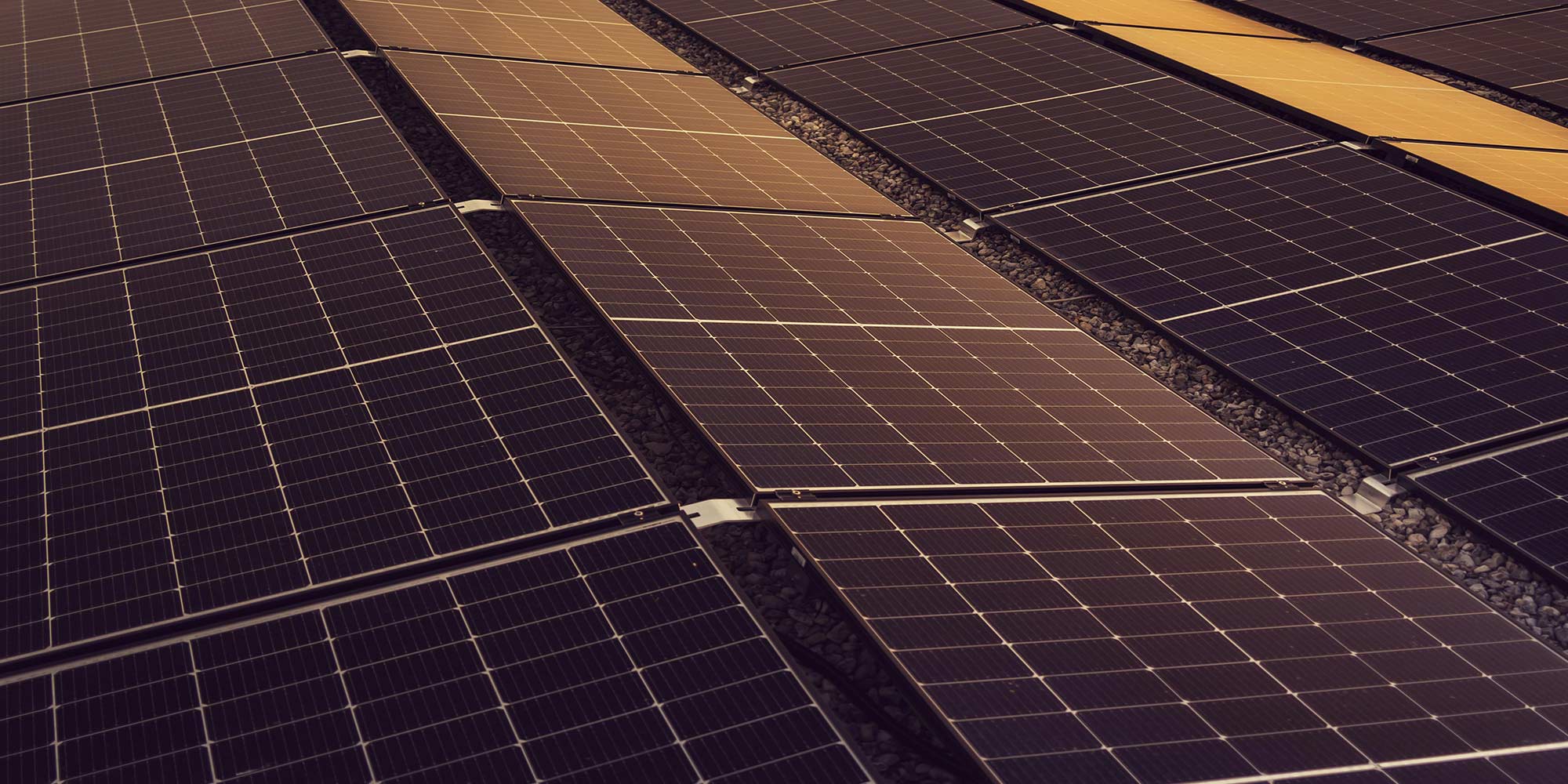Introduction:
In the pursuit of sustainable energy solutions, solar power has emerged as a frontrunner, offering a clean and abundant source of renewable energy. However, the efficiency and performance of solar panels can be further optimized through the integration of advanced technologies. Nanotechnology, in particular, has played a pivotal role in revolutionizing solar coatings, unlocking new possibilities for enhancing energy absorption, durability, and cost-effectiveness. In this comprehensive guide, we will delve into the profound impact of nanotechnology on solar coatings, exploring its mechanisms, benefits, and future implications for the renewable energy landscape.
1. Understanding the Evolution of Solar Coatings
Solar coatings serve as protective layers applied to the surface of solar panels to enhance their performance and longevity. Historically, these coatings were primarily focused on basic functions such as weatherproofing and anti-reflectivity. However, advancements in nanotechnology have ushered in a new era of innovation, enabling the development of solar coatings with enhanced functionalities and superior performance characteristics.

2. Unveiling the Power of Nanotechnology
Nanotechnology involves the manipulation of matter at the nanoscale, typically ranging from 1 to 100 nanometers in size. At this scale, materials exhibit unique properties and behaviors that differ from their bulk counterparts. By leveraging nanomaterials and nanoscale engineering techniques, researchers can tailor the properties of solar coatings to achieve desired functionalities such as improved light absorption, self-cleaning, and enhanced durability.
3. Enhancing Light Absorption with Nanocoatings
One of the key objectives of solar coatings is to maximize light absorption by solar panels, thereby increasing energy conversion efficiency. Nanocoatings offer unique advantages in this regard, thanks to their ability to manipulate light at the nanoscale. Nanostructured coatings can trap and scatter incoming sunlight more effectively, allowing for greater absorption by the photovoltaic cells. This results in higher electricity yields and improved overall performance of solar panels.
4. Advancing Self-Cleaning Mechanisms
Maintaining the cleanliness of solar panels is essential for optimizing energy production. Nanotechnology-enabled coatings can facilitate self-cleaning mechanisms by incorporating hydrophobic or superhydrophobic properties. These coatings repel water and prevent dust, dirt, and other contaminants from adhering to the panel surface. As a result, rainwater or dew can easily wash away accumulated debris, reducing the need for manual cleaning and maintenance.
5. Enhancing Durability and Longevity
Solar panels are exposed to a wide range of environmental stresses, including UV radiation, temperature fluctuations, moisture, and mechanical abrasion. Nanotechnology offers solutions for improving the durability and lifespan of solar coatings by enhancing their resistance to degradation and damage. Nanocomposite coatings reinforced with nanoparticles can provide robust protection against environmental factors, ensuring prolonged performance and reliability of solar panels.
6. Cost-Effectiveness and Scalabilityok
Despite their advanced functionalities, nanotechnology-enabled solar coatings can offer cost-effective solutions for enhancing solar panel performance. Nanomaterials are becoming increasingly accessible and affordable, thanks to advancements in synthesis techniques and manufacturing processes. Furthermore, the scalability of nanotechnology enables large-scale production of solar coatings, making them viable for widespread adoption across residential, commercial, and industrial applications.
7. Environmental Sustainability
Nanotechnology has the potential to contribute to environmental sustainability by improving the efficiency and sustainability of solar energy production. By enhancing the performance and durability of solar panels, nanotechnology-enabled coatings help maximize energy output while minimizing environmental impact. Additionally, self-cleaning mechanisms reduce the need for water and chemical cleaners, further reducing the carbon footprint associated with solar panel maintenance.
8. Future Outlook and Emerging Trends
Looking ahead, the future of nanotechnology in solar coatings appears promising, with ongoing research and development efforts driving continued innovation and advancement. Emerging trends include the integration of nanomaterials with other functional additives to achieve multifunctional coatings with enhanced performance characteristics. Furthermore, collaborations between academia, industry, and government agencies are accelerating the commercialization and deployment of nanotechnology-enabled solar coatings.
Conclusion:
In conclusion, nanotechnology holds tremendous potential for revolutionizing solar coatings and enhancing the efficiency, durability, and sustainability of solar energy systems. By harnessing the unique properties of nanomaterials, researchers and engineers can develop coatings with unprecedented functionalities and performance characteristics. As nanotechnology continues to evolve, it will play an increasingly pivotal role in advancing the transition to clean, renewable energy sources and shaping a more sustainable future for generations to come.